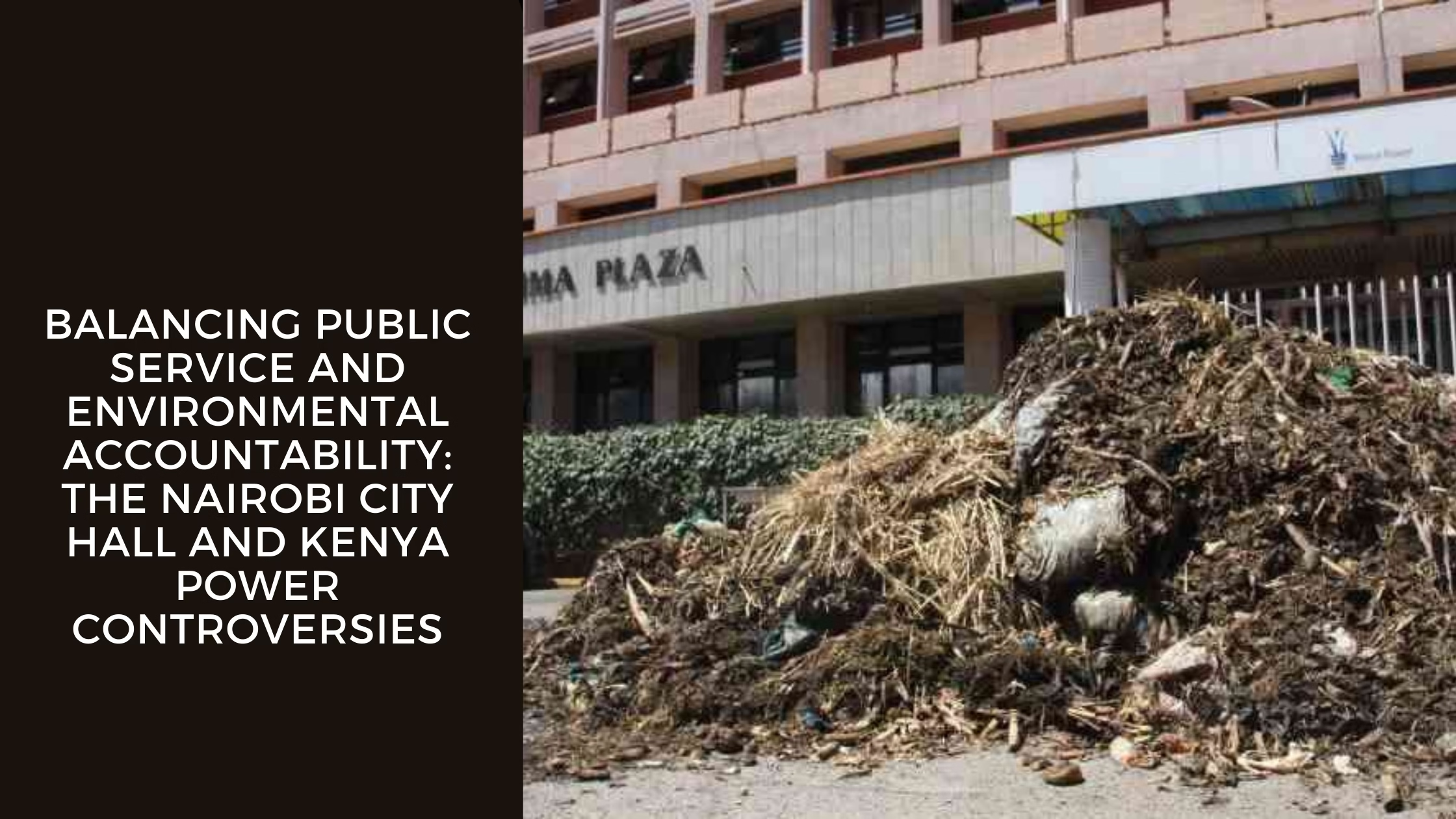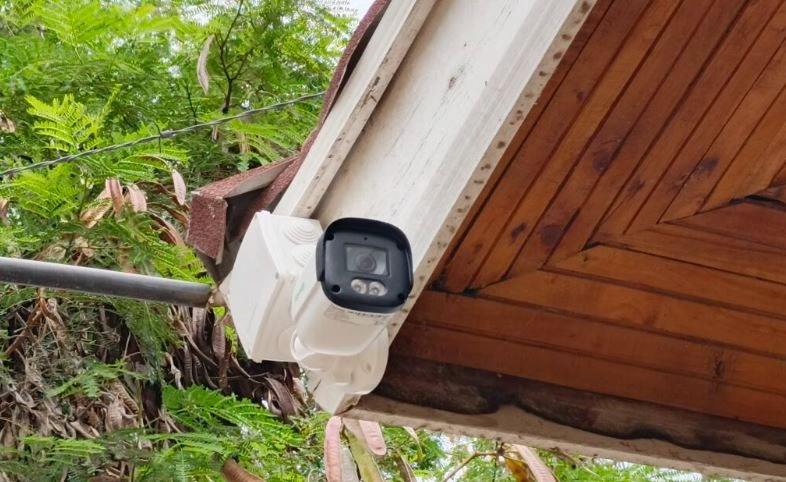In early 2025, a series of events in Nairobi brought to light serious concerns over the treatment of public institutions and environmental responsibilities. It all began when Nairobi City Hall was suddenly plunged into darkness. Kenya Power, the national electricity supplier, disconnected power to the City Hall offices because of an outstanding bill of over Ksh. 3 Billion. Although the Energy Act of 2019 permits disconnection for non-payment, it also makes clear that essential services especially those provided by public offices—should not be disrupted. When officials discovered on February 26 that several offices had lost power, they acted quickly, promising a payment of Ksh. 150 Million to restore service, underscoring the urgency of resuming public duties and safeguarding critical functions.
This incident calls to mind the lessons from the case of Kenya Power Ltd v. Nairobi City County (2018), where a tribunal stressed that any disconnection affecting public administration must be approached with extra care. The ruling emphasized that the broader public interest and constitutional protections must guide such decisions. Even though recovering unpaid bills is important, it should never come at the expense of halting services that support the community and ensure governance.
Just days before the disconnection came into the public eye, another controversy unfolded. On February 24, images and videos spread widely on social media, showing garbage trucks dumping waste near Stima Plaza, the headquarters of Kenya Power. These scenes were unsettling, not only did the dumped waste block access to the building, but it also raised alarms about public health and environmental safety. According to Kenya Power, county enforcement officers had clamped several of its vehicles over unpaid parking fees, suggesting that the waste dumping was a retaliatory tactic. This act, meant to pressure the company into settling overdue bills, instead fueled public outcry.
The National Environment Management Authority (NEMA) stepped in on February 25 to address the growing environmental concern. NEMA declared that dumping garbage in public spaces violated established environmental laws and posed a real danger to public health. The agency explained that the waste was not only unsightly but was also polluting nearby residential and commercial areas, which could lead to longer-term health issues for the community. NEMA’s directive was straightforward: the county had to immediately remove the waste, cover its garbage trucks to prevent further spillage, and secure all the necessary waste handling licenses. This response was aimed at stopping the misuse of waste disposal as a tool in disputes and ensuring that environmental standards were not compromised.
This environmental controversy echoed the principles established in National Environment Management Authority v. Nairobi City County (2020). In that case, the court firmly ruled against any waste disposal practice that endangered public health, setting a strong precedent for protecting the environment and community well-being. Similarly, the Energy Disputes Tribunal in Energy Disputes Tribunal v. Kenya Power (2018) reminded us that while utilities have the right to recover dues, such actions must always be balanced against the need to keep essential services uninterrupted.
These incidents have sparked a broader debate among Kenyans. Many citizens are now questioning whether public offices, which are central to community safety and effective governance, should be held to the same disconnection rules as private consumers. The strong sentiment is that these institutions deserve a higher level of protection—not only to avoid interruptions in critical public services but also to prevent actions that may lead to environmental degradation.
As these events continue to reverberate, they underscore the need for clearer guidelines and accountability. Both the lessons from past cases and the current controversies highlight the importance of balancing the recovery of unpaid debts with the necessity of maintaining public welfare and environmental integrity. Moving forward, it will be essential for governmental bodies and utility companies to work together to establish practices that protect the interests of the community while upholding environmental standards.
















Leave a Reply